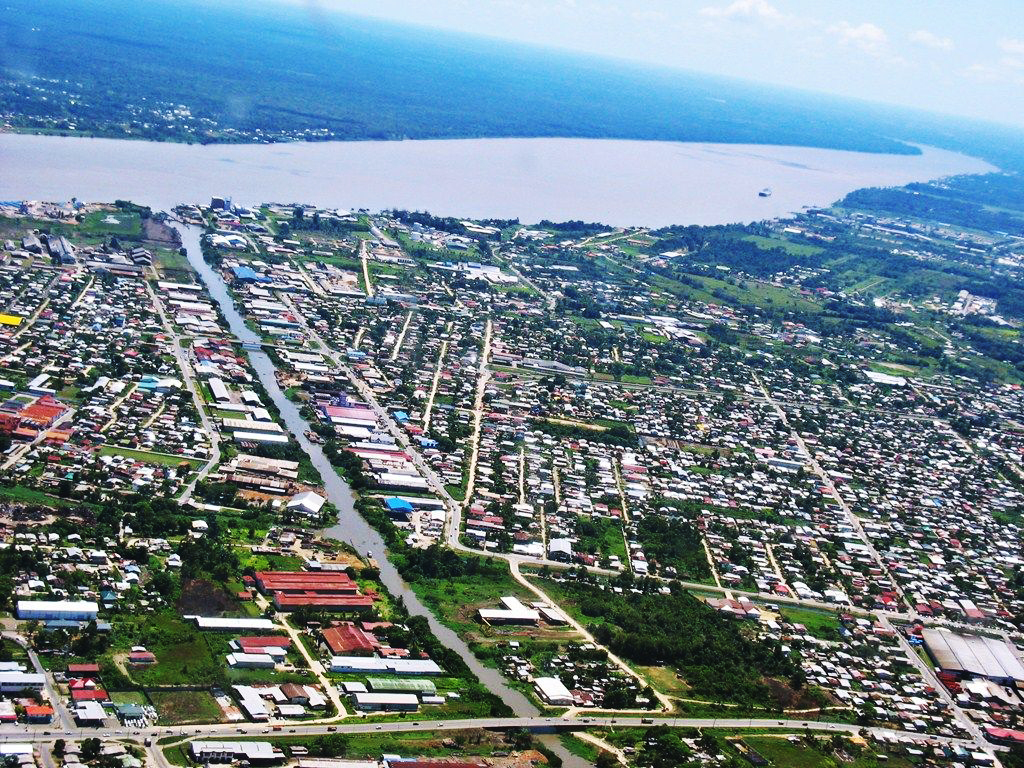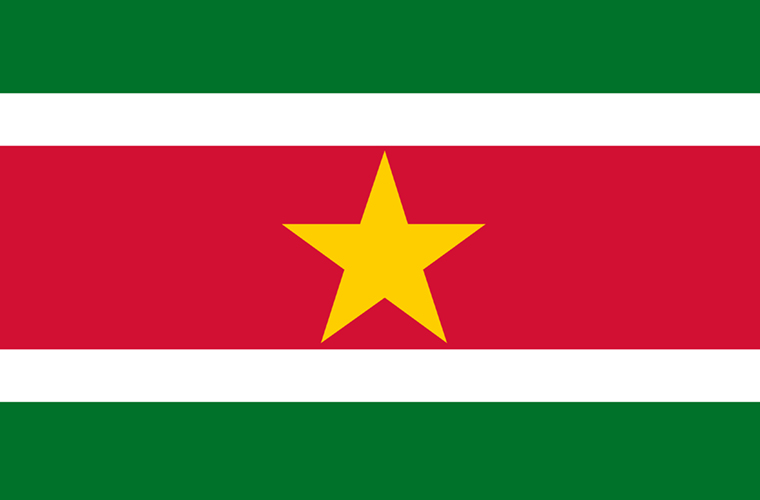Suriname is a country located on the northeastern coast of South America. It is bordered by Guyana to the west, Brazil to the south, and French Guiana to the east, while the northern coastline faces the Atlantic Ocean. Paramaribo, the capital and largest city, is situated on the Suriname River. Suriname has a diverse cultural makeup resulting from its history of colonization and immigration. The population consists of various ethnic groups, including the Hindustani (descendants of Indian indentured laborers), Creoles, Javanese, Maroons (descendants of African slaves), Chinese, and Indigenous peoples. This diversity contributes to a rich cultural tapestry, with influences from Africa, India, Indonesia, and Europe.
The country is characterized by its lush rainforests, rivers, and abundant biodiversity. A significant portion of Suriname is covered by the Amazon rainforest, which is home to diverse flora and fauna. The Central Suriname Nature Reserve, a UNESCO World Heritage site, protects a vast expanse of pristine tropical rainforest. Suriname offers opportunities for eco-tourism, adventure, and exploration of its natural beauty. Visitors can enjoy activities such as birdwatching, jungle treks, river cruises, and wildlife spotting. The Raleighvallen Nature Reserve, Brownsberg Nature Park, and the Suriname River are popular destinations for outdoor enthusiasts.

The country has a strong connection to its Indigenous heritage. Suriname has a number of Indigenous communities, including the Trio, Wayana, and Lokono peoples, who maintain their traditional way of life in remote areas of the country. Cultural tours and interactions with Indigenous communities provide insights into their customs, art, and traditional practices. Suriname also has a vibrant cultural scene, particularly in Paramaribo. The city features a blend of Dutch colonial architecture, bustling markets, and diverse culinary offerings. Surinamese cuisine is a fusion of different influences, incorporating flavors from Indian, Javanese, Creole, and Chinese cooking.
Historically, Suriname was a Dutch colony and gained independence in 1975. As a result, Dutch is the official language, and Suriname maintains close ties with the Netherlands. Suriname is a member of the Caribbean Community (CARICOM) and the Union of South American Nations (UNASUR). The economy of Suriname is based on industries such as mining (gold, bauxite, and oil), agriculture (rice and bananas), and forestry. The recent discovery of offshore oil reserves has significant potential for the country’s economic development.
Travelers to Suriname should take into account that while it offers natural beauty and cultural experiences, infrastructure in some remote areas may be limited. It is advisable to check travel advisories, follow local regulations, and take precautions to ensure a safe and enjoyable visit.

